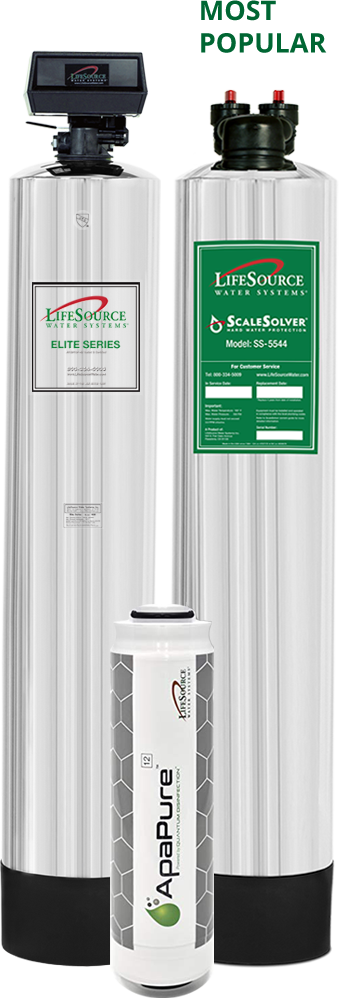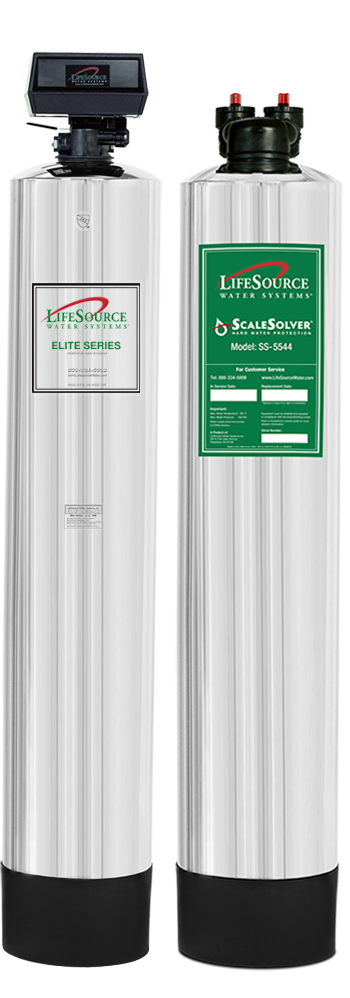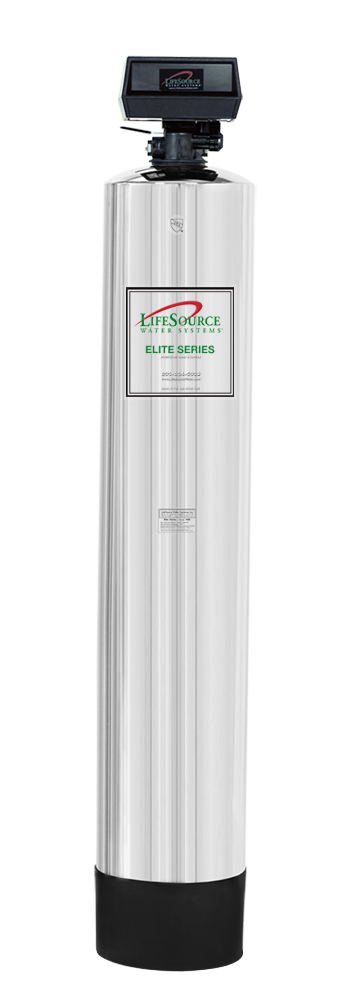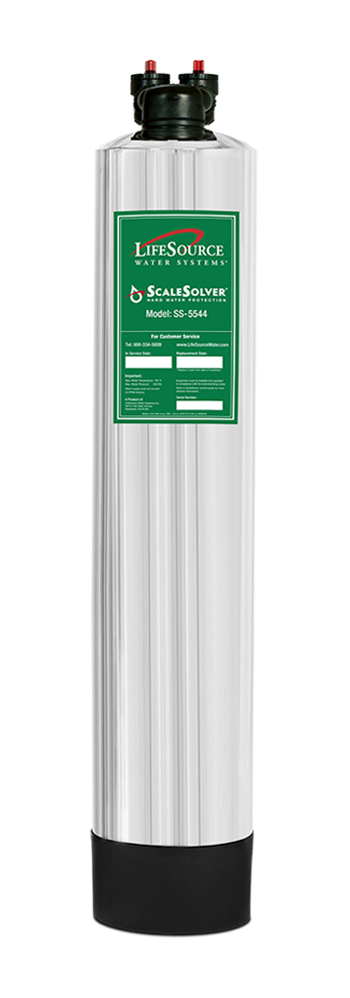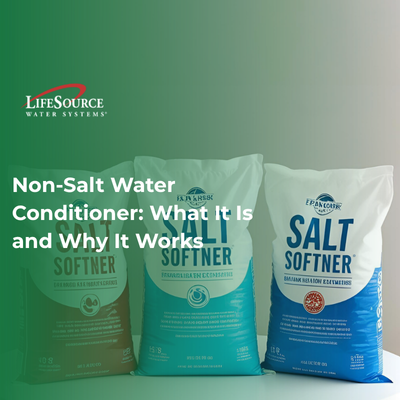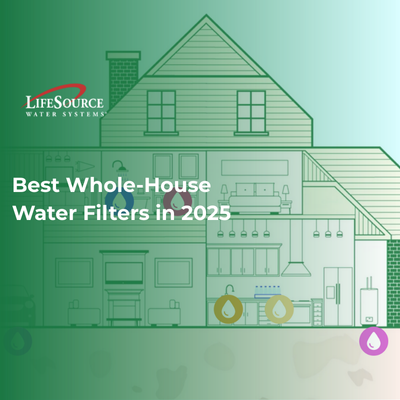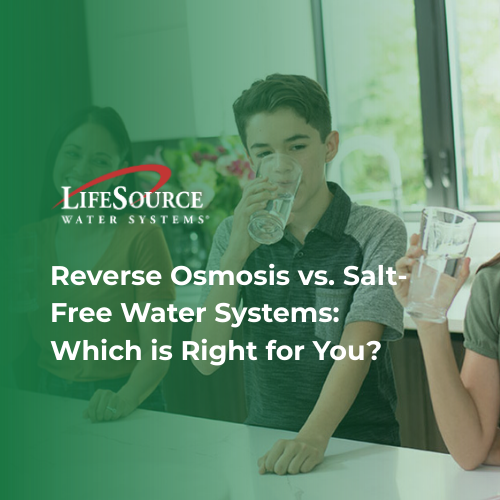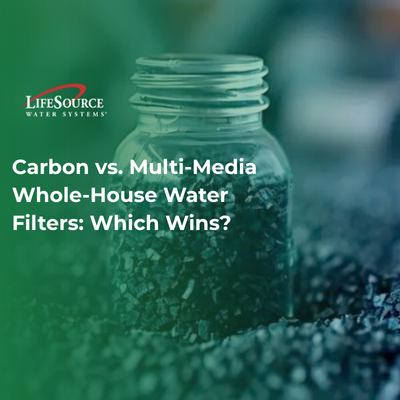
Get The Benefits Of Minerals!
Why You Want To Keep Minerals In Your Tap Water
Minerals are inorganic materials that are naturally found in soil, rock, water, plants and animals. The beneficial minerals we absorb from our food and water help keep us healthy and strong. Our body uses some minerals more than others. Minerals like calcium, magnesium and potassium are called macrominerals because our bodies need large amounts for nutritional balance. Calcium is crucial for forming strong bones. Magnesium helps regulate blood pressure, balance glucose levels and support nerve function. Potassium acts as an electrolyte in the body and plays a key role in muscle contractions. Our body only needs trace amounts of other minerals. These are called microminerals and include iron, zinc and chromium.
Water is a source for some of the most essential macrominerals like calcium, magnesium and potassium. A publication by The World Health Organization found that the minerals we receive from drinking water contribute to our daily intake of essential minerals. All natural water sources (except maybe fresh rain water) contain some minerals. Water naturally picks up minerals from rock and soil as it travels down rivers and through underground aqueducts. The water that flows from our taps contains varying levels of minerals, depending on where we live. Certain areas experience higher concentrations of minerals in their water than others.

It’s natural to have minerals in our water. Water can contribute to our daily mineral requirements. While minerals may be fine for us to consume, an excess of minerals can cause issues for our home. When the mineral level in tap water starts to exceed 17 parts per million (ppm) it is considered “hard water.” At these levels, minerals may start to build-up in our pipes and appliances, impacting the efficiency and aesthetic of our homes. You know that white residue that keeps appearing on your bathroom faucet? Those are mineral deposits, also called “scale.”
When it comes to minerals in water, there’s a lot of confusing information. In the past, many families turned to traditional water softeners to “soften” their hard water. These home water softeners use sodium ion exchange to demineralize water. This is a fancy way of saying they replace calcium and magnesium ions with sodium ions (salt). “Soft water” is salty water. Unfortunately, salty water is not great drinking water. This is why many water softeners require an additional reverse osmosis system to make the water palatable.
There are now modern salt free whole house water systems that prevent minerals from sticking to appliances and pipes. This allows you to retain beneficial minerals without worrying about scale buildup. Water you and your home can both enjoy.
Minerals are a natural part of our water. If you want to learn more about the minerals in your water, you need to get a water test kit. A quality water test will also reveal the levels of chemicals in you water, like chlorine and chloramines. Chlorine and chloramines are used by cities to disinfect our tap water, but can have adverse effects on skin, hair and the taste of water. Once you know exactly what’s in your water, you can make an educated choice on how you may want to condition and/or filter your tap water.

